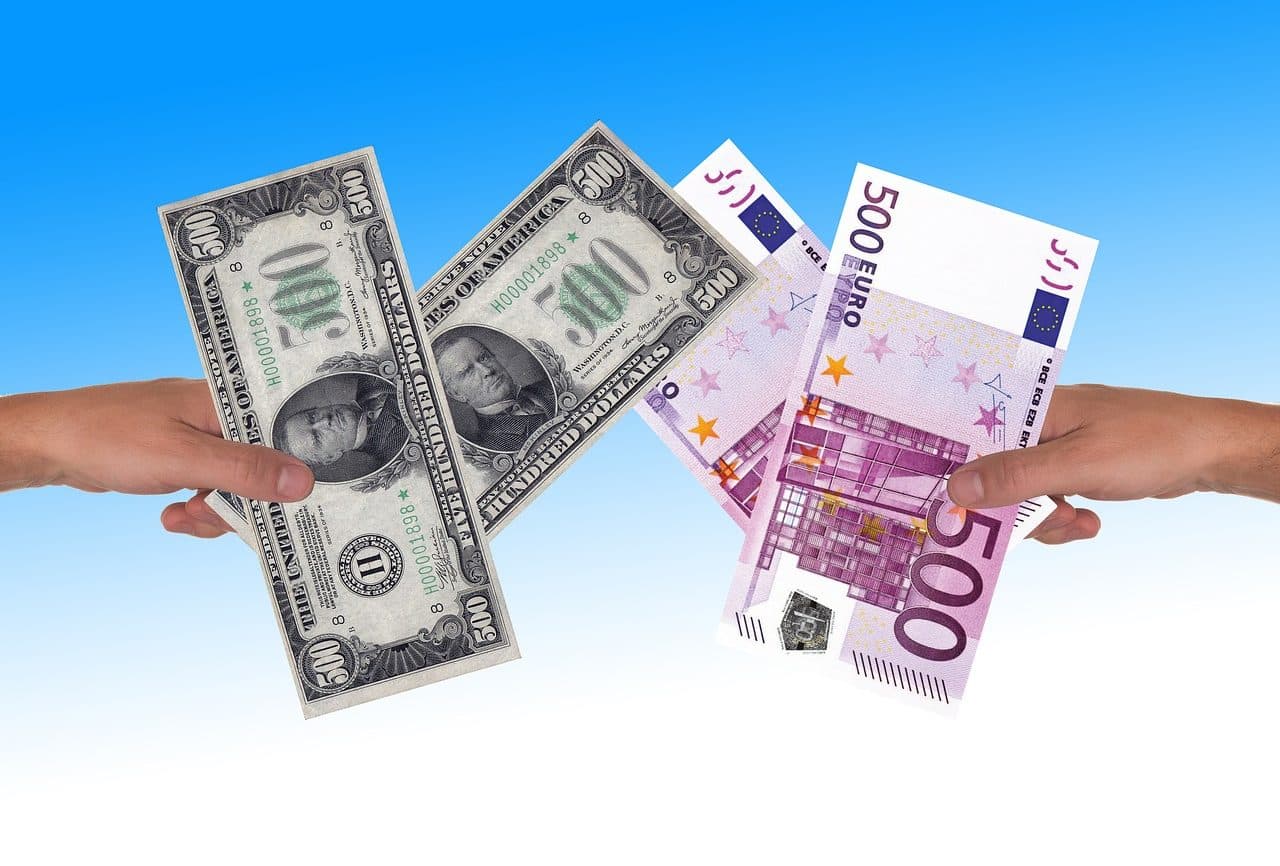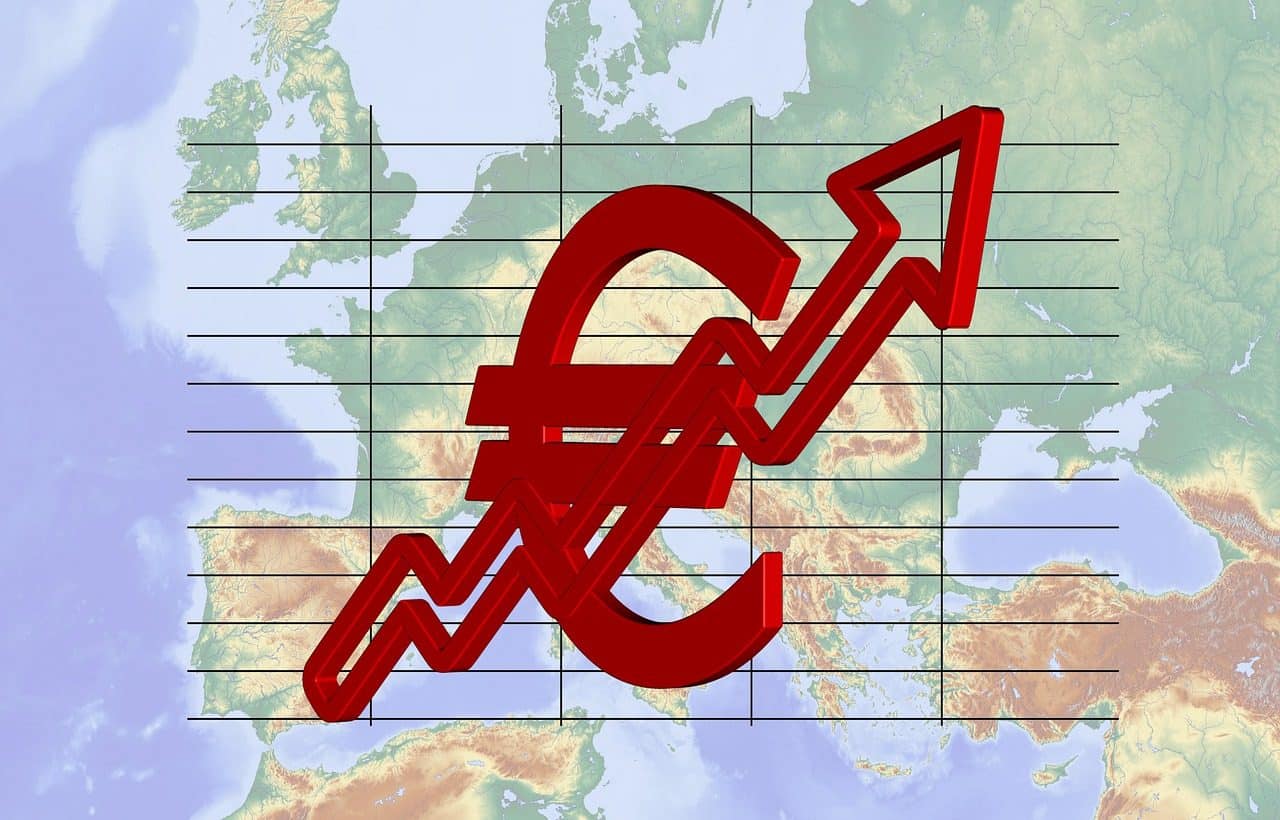
Revaluation is usually associated with the increase in the value of one currency compared to another.
Revaluation is the process and consequence of reevaluating . This verb refers to reassessing something or increasing the value of something , usually a currency, in a process opposite to devaluing. Also within the scope of economics, the concept of revaluation can be understood as an increase in the price of certain products or goods .
To understand what revaluation is in its first meaning, therefore, we must know what the action of evaluating consists of: it is the calculation or estimation of a value , knowledge, etc. Revaluation, then, consists of reassessing. For example: "The government announced that it will carry out a revaluation of the city's properties to update the property tax" , "Taking into account that no student passed, I think we should modify the exam criteria and carry out a revaluation" , "We should "Revaluate the company before talking to potential buyers."
Revaluation of a currency
Revaluation, as mentioned above, can also be associated with an increase in the value of a currency or price . It should be noted that the determination of the value of a currency depends on the value of another foreign currency: in this link between currencies , reflected in the exchange rate , the revaluation or devaluation of a currency develops.
Suppose that, with five units of currency X , in January you could buy one dollar . If in September a person can purchase two dollars with that same amount, a revaluation of currency X will have occurred. In other words: the latter will have increased its value compared to the dollar since the exchange rate will have changed, so it will be possible to exchange five X for two dollars when, months ago, those five X could be exchanged for just one dollar.

A revaluation may imply a price increase.
Fixed exchange rate
Currency revaluation can take place when the exchange rate is fixed. This means that the exchange rate regime applied to currency or a basket of currencies (also called a basket of currencies , this is a group of currencies from certain countries that are weighted so that they can be used in the process of setting the value of another). If the exchange rate is floating, then one must talk about appreciation .
The use of the fixed exchange rate serves to stabilize the value of a currency in relation to the one used as a reference, and this brings benefits in the field of international investment and trade between those countries that use these currencies. In addition, small economies (those that represent a small percentage of world trade) also perceive great advantages, since their GDP depends largely on foreign trade . It is worth mentioning that the decision to change the official value of a currency can only be made by the government; that is, the central bank .
Tax revaluation
On the other hand, there is the concept of tax revaluation , which describes a process that consists of adjusting the tax rate with the objective of stopping or slowing down the increase in tax revenues above that suffered by the price of a taxable asset (total value of the assets, taking into account the properties that are included in the taxpayer's balance sheet , without adjustments for inflation and after having applied the deduction for amortization , depreciation and reserves for accounts that cannot be collected).
This is a tax measure that seeks to promote spending and is usually used to regulate the price of real estate when values increase, something that can occur for different reasons, such as inflation .
